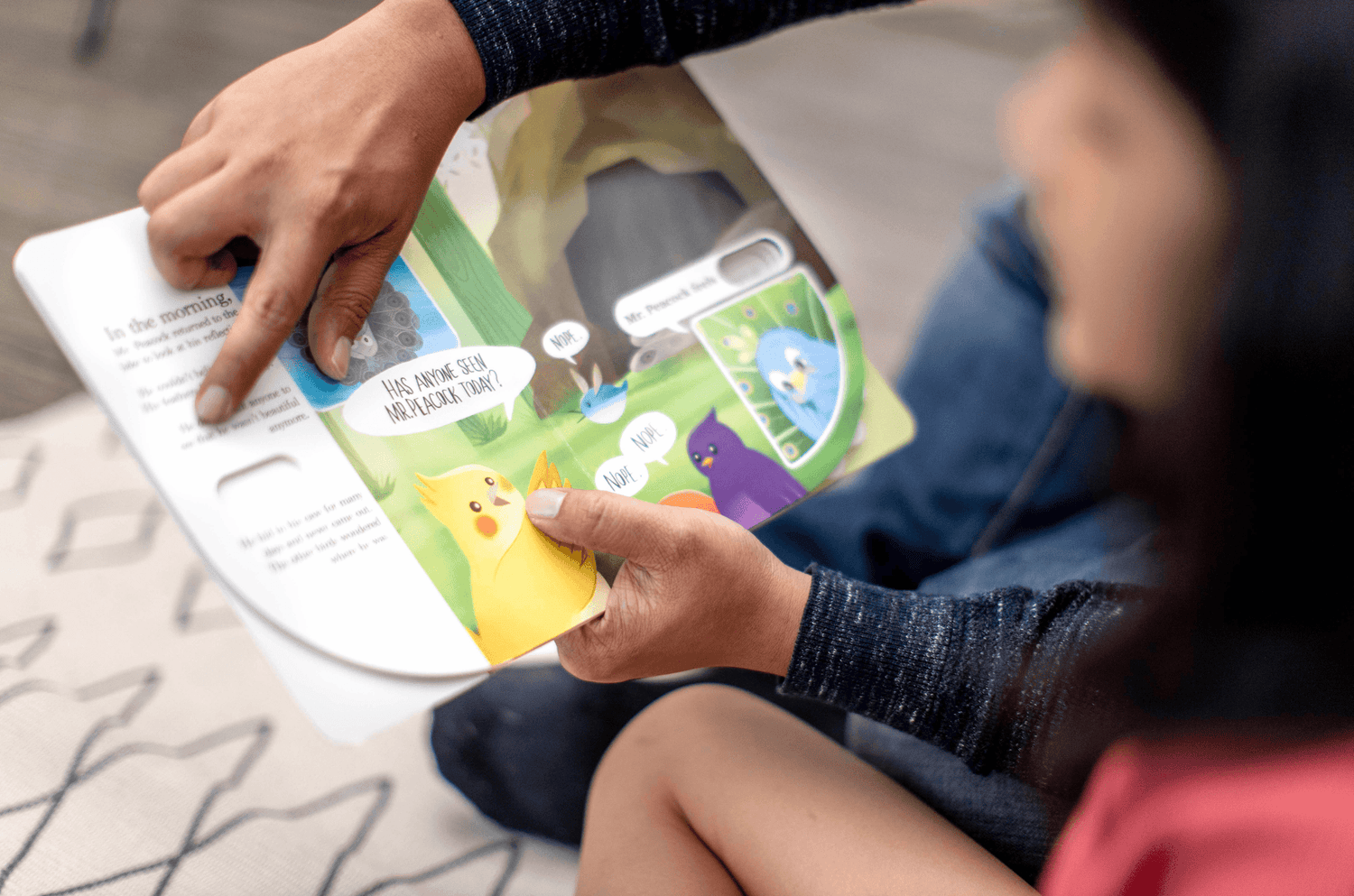Positive affirmations can sound really silly when you first start doing them. Just imagine an adult sitting in her office or at home repeating things like “I am strong”, “I am worthy”, “I am smart” out loud while talking to herself. But here’s the thing - it works, and it works particularly well with children.
Positive vs. negative self-talk
Self-talk can be said out loud or silently in your head. The main difference between positive and negative self-talk is how you frame a situation. For example:
Negative: I asked an embarrassing question.
Positive: I’m not afraid to ask for help.
Negative: I’ve never done this before so I’ll probably fail.
Positive: I can try to learn something new.
The physical effects of positive self-talk
Several research articles have cited actual physical effects of self-talk. You can even try this at home.
-
1. Ask your child to lift their strong arm up so that it’s parallel to the ground.
-
2. Tell your child “you are strong. You are sturdy, just like a mountain. Nothing can move you.”
-
3. Ask your child to repeat “I am strong and worthy” out loud 5 times.
-
4. Try to push their arm down.
-
5. Repeat steps 1-4 but instead, tell your child “you are weak like a feather. Even the wind can blow you over.” Have them repeat “I am weak” 5 times and try to push their arm down again.
- 6. They might notice that it’s much harder to resist.
In fact, sports psychologists often use positive self-talk to improve athletic performance, such as in badminton, tennis, golf, track and field, and more!
How to implement it at home
There are activities you can do or you can simply integrate it into your child’s everyday life. For example, if you notice that your child often has negative thoughts, you can offer a positive perspective on the same situation. You can also set time aside every weekend to read some positive affirmations with your child, and read storybooks related to having a positive attitude.
Positive self-talk is often underutilized and not talked about in parenting discourse, but recent research support it’s positive effects on both your child’s mental and physical wellbeing. It has also been shown to improve regulation of thoughts, feelings, and behavior.
Helpful Resources
Study - Self-talk as a regulatory mechanism
Study - Effects of self-talk on badminton serve performance
https://www.healthline.com/health/positive-self-talk#benefits-of-self--talk



